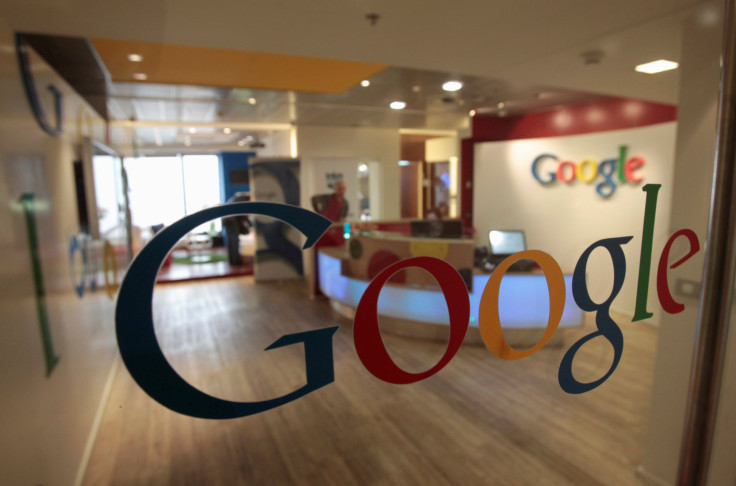Google's Guetzli Algorithm: JPEG Files To Become 35% Smaller

Google has announced a new open source algorithm that will encode high-quality JPEG with 35 percent smaller files, without the loss of quality.
“Guetzli, meaning 'cookie' in Swiss German, is a JPEG encoder for digital images and web graphics that can enable faster online experiences by producing smaller JPEG files while still maintaining compatibility with existing browsers, image processing applications and the JPEG standard,” the company said Thursday on its official blog.
With the new JPEG encoder, Google aims to help webmasters, graphic designers and photographers make the user experience smoother. Evidently, the idea is to reduce the uploading time and data costs for mobile users, with a considerably smaller file size without compromising on image quality.
As Google explained in its blog, the Guetzli follows a multi-stage compression process, which includes color space transform, discrete cosine transform and quantization. Guetzli specifically focuses on quantization, which simply means that it uses a technique to compress a range of values to a single quantum value. For example, reducing the number of colors needed to represent an image digitally will also help in reducing the size of the file.
“Guetzli’s psychovisual model, which approximates color perception and visual masking in a more thorough and detailed way than what is achievable by simpler color transforms and the discrete cosine transform,” the company said.
Even as the idea behind the new algorithm is to reduce the file size of a JPEG, as per Google, in comparison to other encoders, Guetzli produces better image quality in a similar file size. In an experiment conducted by Cornell University Library, which was cited by Google, 75 percent respondents preferred Guetzli to linjpeg-generated images.
The new JPEGs are compatible to most present generation devices and browsers, and Guetzli is also free of cost.
This is not the first time efforts have been made to compress an image size without compromising the quality. Microsoft's JPEG XR, Google's WebP and RAISR image formats are among the few that have tried similar things in the past, but could not surpass JPEG’s popularity. This is precisely why Google, this time around, decided to continue with the format and instead change the compression method.
© Copyright IBTimes 2024. All rights reserved.





















